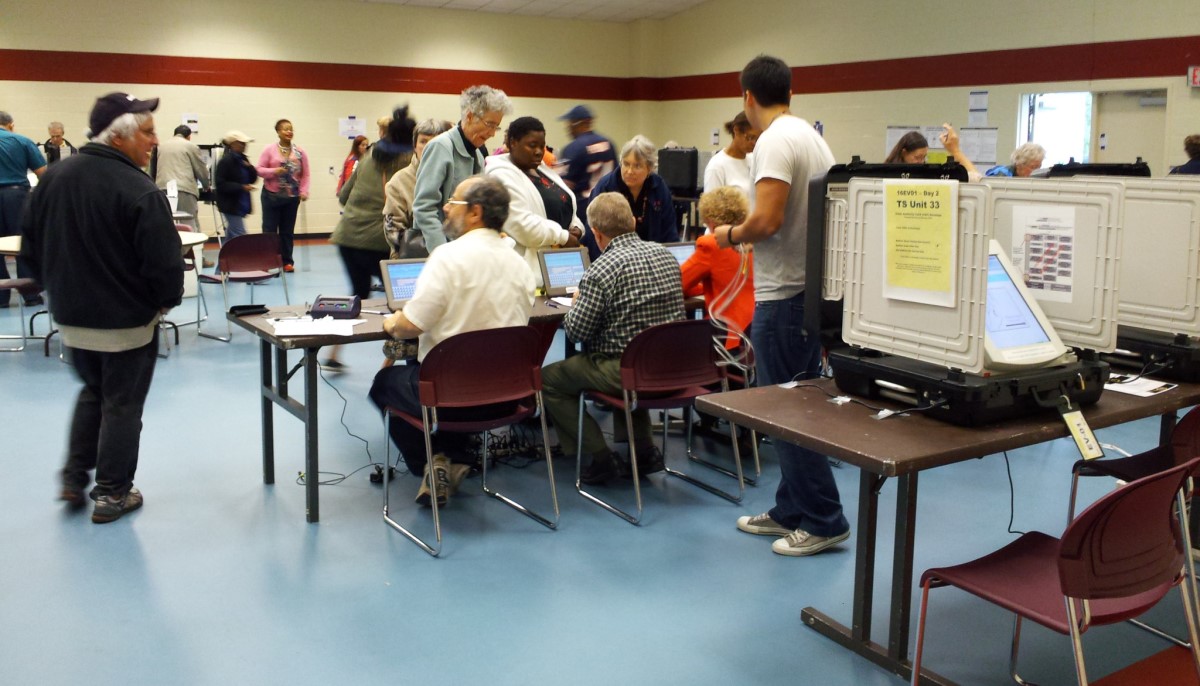Originally Authored at TheFederalist.com

Republicans should use their control of the federal government to prevent oligarchs from influencing elections through nonprofits, as Mark Zuckerberg did in 2020. The American Confidence in Elections (ACE) Act of 2023 would ban states from using private funds to run elections along with a host of election integrity measures that would limit fraud and restore confidence in American democracy.
Zuckerberg and his wife, Priscilla Chan, infamously funneled $420 million into the 2020 election cycle, including $350 million into county election offices, under the guise of helping cash-strapped counties cover the costs of running elections during the Covid-19 lockdowns. Some claimed this was an example of civic-minded, wealthy Americans giving their tax-free donations to free up tax dollars during a difficult time in the nation’s history. Nothing could be further from the truth.
Zuckerberg’s donations ended up with the far-left-funded Center for Tech and Civic Life (CTCL) and Center for Election Innovation and Research (CEIR). These took a page out of Democrats’ decade-old playbook by funding “charitable” election registration and GOTV efforts that boost turnout among demographics who tend to vote overwhelmingly for Democrats.
Zuckbucks went overwhelmingly to Democrat-majority counties in 2020. In Wisconsin, for example, 90 percent of the $10 million the CTCL spent there went to 20 counties that voted for Joe Biden, averaging $3.75 per person in Biden counties versus $0.55 per person in Donald Trump counties. This same imbalance occurred in other swing states that received Zuckerberg’s “charity.”
This past April, Wisconsin became the first state to ban private funding of elections by statewide referendum after far-left Gov. Tony Evers twice vetoed similar legislation.
Rather than play whack-a-mole on a state-by-state basis, however, conservatives should pounce on the opportunity the voters gave them by banning private election funding nationwide. Although the public relations fallout shied Zuckerberg away from repeating his actions in 2024, the precedent he set remains dangerous. Unless outlawed, future oligarchs will likely take a page out of his playbook the next time the nation faces a national disaster during an election year.
The incoming Republican Congress can make banning private election funding a bipartisan effort. Virginia and Pennsylvania banned it with Democrat support. This is an opportunity to get money out of politics, something Democrats claim they support.
Besides, without forever preventing this in the future, nothing would stop wealthy Republican-aligned donors from funneling hundreds of millions of dollars for “election integrity” efforts, sending the bulk to rural Republican counties. The same logic Democrats and their allies apply to “underserved,” “marginalized” urban areas could apply to “underserved,” “marginalized” rural areas.
Two arguments will inevitably arise against banning private election funding nationwide. The first will center on the merits of private funding during national or statewide disasters. The second will claim it goes against the American federalist system of government by overriding states’ rights — although Democrats will avoid that term like the plague.
On the merits, some Zuckbuck defenders have argued that a civic-minded billionaire donating half a billion dollars to local officials saved taxpayers money. Even many Republicans at the county level accepted and supported the additional cash influx.
Superficially, this sounds no different than supporting private charity over government funding during a natural disaster. Private charity defrays the cost of taxpayer-funded relief, and private charities do operate more efficiently than government agencies like the Federal Emergency Management Agency.
The difference lies in the profit motive. No one is rich enough to fully rise above partisanship, and when someone funds “good government” initiatives, it always means allied government. When Zuckerberg or anyone else funds elections with their hard-earned money, they expect the results to favor their companies and ideologies.
In State of Louisiana v. Center for Tech and Civic Life, et al., Third Circuit Court of Appeal Judge Van Khyzar criticized private funding of elections for the following reasons:
- The influence that would accompany it, the distrust it would engender in the public,
- The competition among political parties and corporations it would spawn,
- The “partisan and/or economic objectives” that would accompany political parties and corporations’ donations,
- Discriminatory funding to advance the funders’ objectives,
- Potential corruption among registrars and clerks,
- Potential contributions laundered from foreign governments, and
- Endless litigation by those who feel disadvantaged by private funding.
The ACE Act’s clause to bar states from accepting private donations for national or local elections also does not violate states’ 10th Amendment rights any more than federal campaign finance laws do. Even if 100 percent of a state’s voters do not oppose a wealthy outsider paying election clerks’ salaries, this affects everyone in the country. If a private foundation tilts the scales on voter turnout through tax-free contributions in even one swing state, it could change a presidential election result and should constitute an illegal campaign contribution.
Voters gave Republicans a mandate on a range of issues. Voting integrity — as in fixing the problems that led to the 2020 election chaos — is one of them.
Transparency in election influence is a key part of safeguarding elections. Americans should not have their elections swayed by outside nonprofits replacing the role of taxpayers. Passing the ACE Act will solve this problem nationwide once and for all and ensure the Zuckbucks episode never gets a sequel.